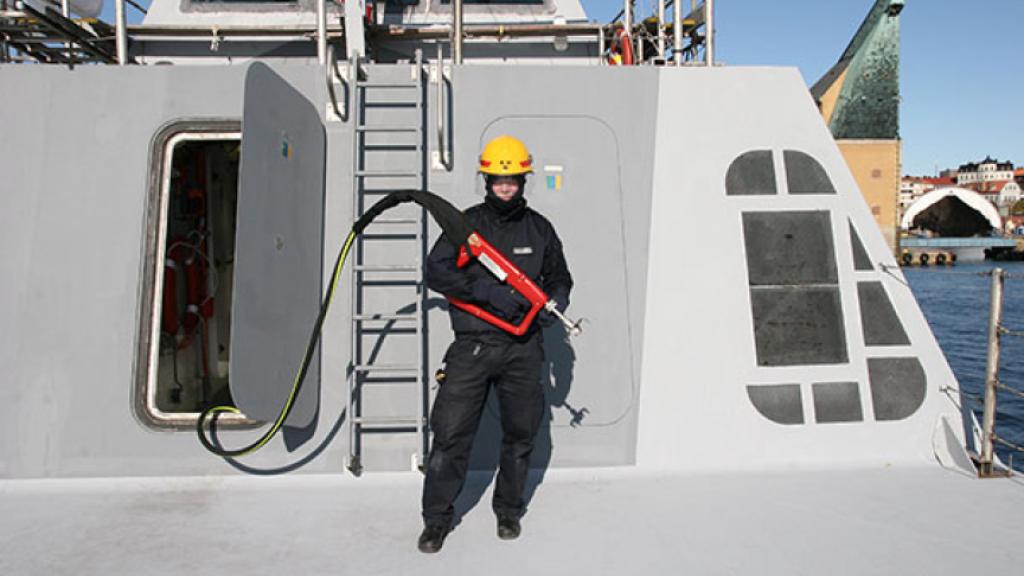
NTSB warns: Land-based firefighters dangerously unprepared for marine fires
Thank you for choosing Automatic Translation. Currently we are offering translations from English into French and German, with more translation languages to be added in the near future. Please be aware that these translations are generated by a third party AI software service. While we have found that the translations are mostly correct, they may not be perfect in every case. To ensure the information you read is correct, please refer to the original article in English. If you find an error in a translation which you would like to bring to our attention, it would help us greatly if you let us know. We can correct any text or section, once we are aware of it. Please do not hesitate to contact our webmaster to let us know of any translation errors.
The US National Transportation Safety Board (NTSB) has issued a stark warning: land-based firefighters are dangerously underprepared to respond to fires aboard ships docked in U.S. ports.
In a newly released safety alert, the agency calls for urgent reforms in training and preparedness, citing multiple fatal incidents where lack of marine firefighting knowledge led to tragedy.
Unlike structural fires on land, vessel fires present unique challenges—steel hulls that block radio signals, confined compartments that trap heat and smoke, and onboard suppression systems that require precise coordination. The NTSB emphasizes that water used to fight shipboard fires can destabilize vessels, and that opening sealed compartments too soon after gas suppression can trigger deadly reflashes.
Recent investigations underscore the risks. In 2023, two Newark firefighters died aboard the Grande Costa D’Avorio after becoming disoriented in smoke-filled decks. In 2020, nine firefighters were injured—five seriously—during an explosion on the Höegh Xiamen, caused by the introduction of fresh air into a flammable vapor-rich space.
To address these dangers, the NTSB urges fire departments serving ports to:
- Send personnel to advanced shipboard firefighting training
- Develop marine-specific standard operating procedures
- Coordinate with local ports and the U.S. Coast Guard
- Reference NFPA 1405 and 1010 standards for marine firefighting
The message is clear: traditional firefighting tactics are not enough. Without specialized training and interagency coordination, responders risk their lives—and the lives of others—when confronting vessel fires.
You can read the full safety alert on the NTSB’s official site.
Further reading: https://gcaptain.com/ntsb-warns-land-based-firefighters-unprepared-for-vessel-fires-calls-for-urgent-training-reforms/
Photo Credit: A firefighter holding a specialized Cobra Cold Cutter designed for fighting fires on ships. Photo by Cold Cut Systems (a CTIF Associate member)
